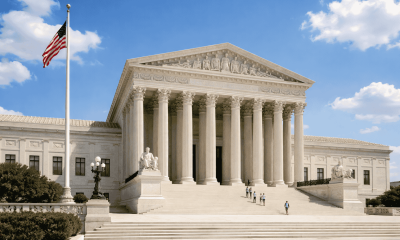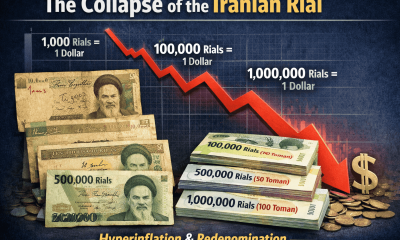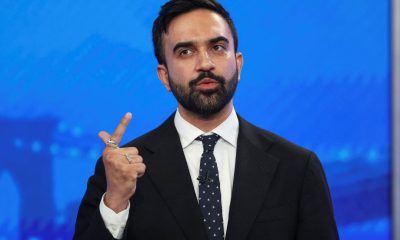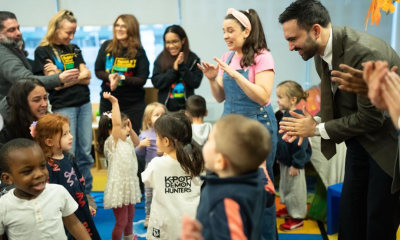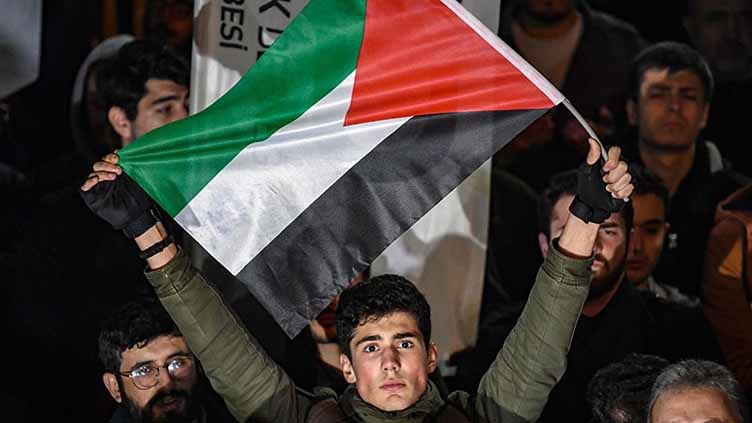
CHICAGO (WSN) — On Tuesday, over a dozen pro-Palestinian protesters were arrested during a demonstration that started outside the Israeli consulate and spread to nearby streets on the second night of the Democratic National Convention.
The clashes with police began shortly after the protest started, with some demonstrators, many in black and with covered faces, rushing at police lines blocking their march. Although they initially broke through, they were repeatedly contained by officers in riot gear who prevented them from dispersing. The police deemed the protest an “unlawful assembly.”
Earlier, officers with wooden clubs forced some protesters off the street, halting their march. During the protest, some demonstrators burned an American flag on the street as Vice President Kamala Harris’s roll call took place inside the United Center, about 2 miles away. Many protesters carried Palestinian flags, with some wearing black and covering their faces.
When the protesters regrouped and approached police in riot gear outside a Chicago skyscraper housing the Israeli consulate, an officer announced through a megaphone that they were ordered to disperse. A protester responded defiantly.
A protester in a Chicago Bulls hat, with his face covered, called for “shutting down the DNC.” This group, not affiliated with the larger coalition organizing Monday’s protests, promoted their demonstration as “Make it great like ’68,” referencing the 1968 anti-Vietnam War protests.
The scene with riot police was a stark contrast to the previous day’s peaceful demonstration, where thousands of pro-Palestinian activists, including families with children, marched near the convention site demanding a ceasefire.
Police confined protesters to a block on Madison Street, a usually busy area where traffic was halted. Most building entrances were closed, allowing access only through a single entry point guarded by armed officers. The Metra commuter rail service operated normally.
The consulate, located in a building connected to the Ogilvie Transportation Center, has been the site of numerous protests since the Gaza conflict began. Mohammed Ismail, a local psychiatry resident, criticized the police presence as excessive and questioned why the group was blocked from marching, expressing frustration over U.S. funding for the conflict.
Earlier protests had seen 13 arrests related to a brief breach of security fencing near the United Center. Pro-Israel supporters also gathered nearby, calling for continued U.S. support for Israel and the release of hostages.
Elan Carr, CEO of the Israeli-American Council, condemned the pro-Palestinian protesters as “fringe crazies” and urged U.S. leaders to support Israel unequivocally. Despite predictions of larger crowds, Monday’s rally had an estimated 3,500 attendees, with most being peaceful. Some protesters clashed with police, used pepper spray, and threw water bottles, though officers refrained from using chemical sprays.
The park where many arrests occurred, a block from the convention arena, was the endpoint for a march advocating for a ceasefire. Several activists broke off from the main group and breached the fencing but were pushed back by police. Authorities confirmed the inner security perimeter around the United Center was not breached, and no threat was posed to convention attendees.
By Tuesday morning, additional fencing and reinforced barriers were installed at the park to prevent further breaches. Of the 13 people arrested, many faced charges related to the fence breach. The Chicago chapter of the National Lawyers Guild reported that two of those arrested were hospitalized for medical treatment, not injuries.
Two additional arrests were made for property damage and resisting arrest during a protest on Sunday night. As of Tuesday morning, 15 people had been arrested in total.
The largest demonstrations have been organized by the Coalition to March on the DNC, focusing on calling for a Gaza ceasefire. Smaller protests have also occurred throughout the city during the convention’s events at Navy Pier.

